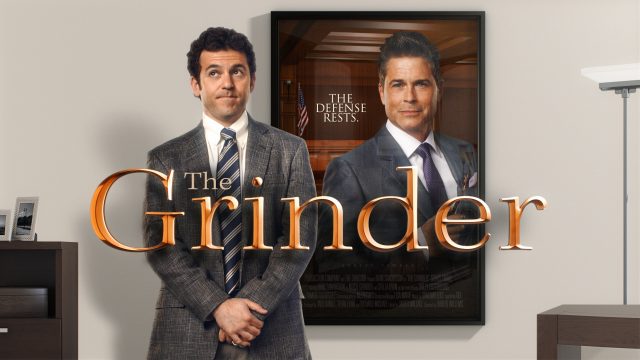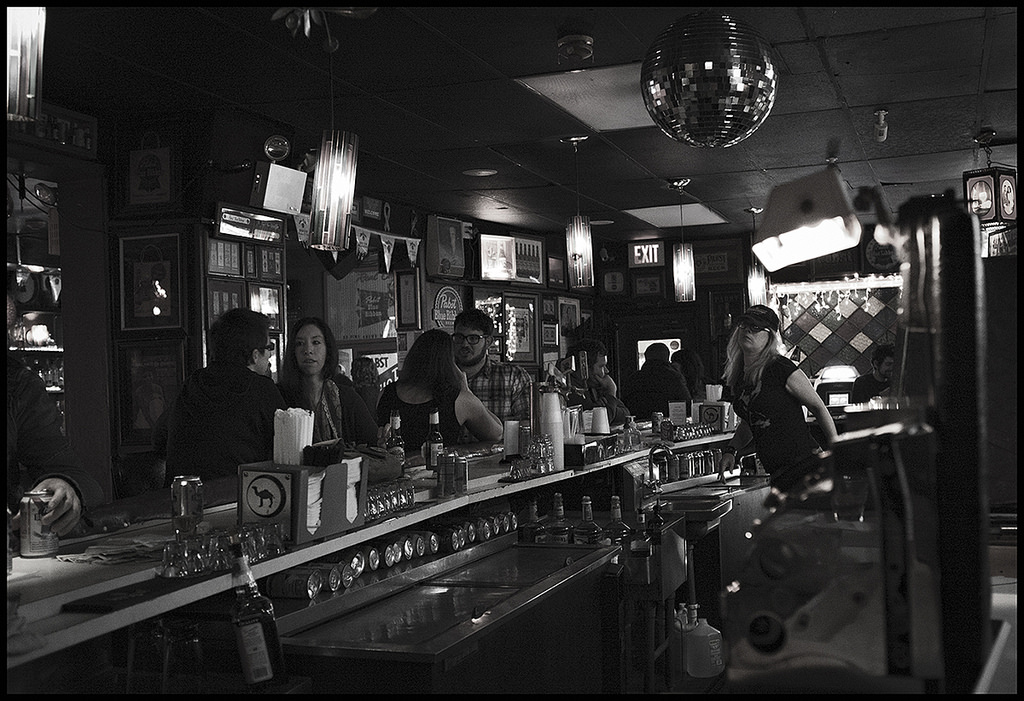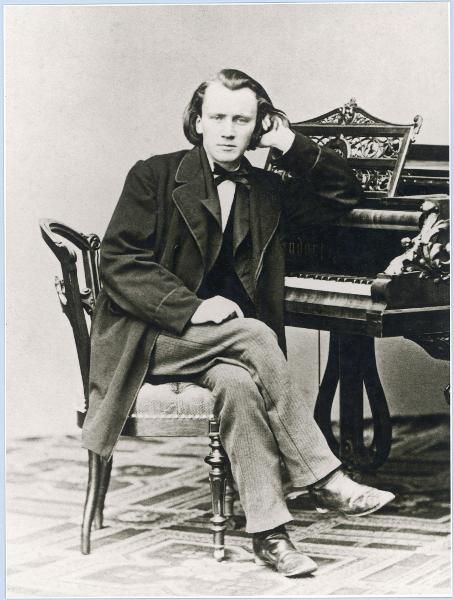The Best Thing Ever Written About Taylor Swift
Here’s the thing about Taylor Swift’s music: It makes me nostalgic for things I’ve never done and never felt. She, and her legion of producers, are geniuses at crystallizing an imagined, shared adolescent past that maybe existed for no one,but that we all yearn for despite, or because of, that fact. Her second album, 2008’s Fearless, was a sappy-sweet paean to fumbly teenage years, ones chock full of crushes and swoony longings and all that gossamer stuff that I’m sure someone, somewhere, experienced to a degree, but did the heart ever ache as sweetly and earnestly as it does in “Fifteen” or did the tale ever seem as star-crossed or fate-kissed as it does on “Love Story” or “You Belong With Me”? That Swift started in country music should come as no surprise. The genre, at its best and at its worst, peddles a fantasy America that is as ideal and wholesome as we’ve always wanted small town America to be, while also nodding to common hardships in a way that is, rather magically, both grounding and elevating.
Just a friendly reminder that Richard Lawson’s review of Red is still canon. I’ll be over here listening to “Fearless,” having a beer, and pre-ordering Lawson’s debut novel. Maybe in February things will be better!
Gal PRZ, "Somar"
They tell me it’s Friday but what does that even mean anymore? This week has been so endless already that the few hours more before we get out of it could last weeks if not years. I have lost all faith in time. Chronology is a lie I can no longer believe. Here’s some music. Enjoy.
New York City, August 23, 2017
 ★★★★ Feathery-edged strips of pure white stretched across clean deep blue. The air had dried out, and the breeze hit before the warmth of the sun set in. Underground was still hot, and the air conditioning was only half-effective on the train car stopped dead in the tunnel just past Times Square. It finally crawled into Herald Square and stayed there long enough to give up on. On the long walk down Broadway, the sidewalks were heating up. A dog flopped on the pavement and lay there at the end of its leash. A dozen blocks was enough to raise a sweat. By midafternoon, though, the shade was in control, and summer could be felt slipping off.
★★★★ Feathery-edged strips of pure white stretched across clean deep blue. The air had dried out, and the breeze hit before the warmth of the sun set in. Underground was still hot, and the air conditioning was only half-effective on the train car stopped dead in the tunnel just past Times Square. It finally crawled into Herald Square and stayed there long enough to give up on. On the long walk down Broadway, the sidewalks were heating up. A dog flopped on the pavement and lay there at the end of its leash. A dozen blocks was enough to raise a sweat. By midafternoon, though, the shade was in control, and summer could be felt slipping off.
The Mistakes We Make
Expertise isn’t like pornography. You can quantify it, and often you don’t know it when you see it. There are several modes: There’s knowing the big, significant things in your field (stylistic differences between Weimar-Classicism-Goethe and Sturm-und-Drang-Goethe). There’s knowing the small but significant things in your field, like why it’s important that Gretchen says to Faust Bin weder Fräulein, weder schön/kann ungeleitet nach hause gehn. There are also small, less-significant things, details that can be corrected with a trip through the spell-check or a visit to Dr. Wikipedia: the spelling of Backpfeifengesicht; the precise wording of remark seven of the Tractatus Logico-philosopicus; the date of a writer’s death.
Awl columnist Rebecca Schuman has an entertaining piece on LitHub about the grave (HA HA you will get this when you read the piece) mistake she made in her (excellent) book, and the post has a very clever footer.
Forensics, Franchises and Fans

When the characters on your TV screen sit down to watch a show, you can almost guarantee that the fake show they are about to watch will have some sort of bearing on their own narrative. Fake shows have their own tropes: they tend to be full of overwrought acting (“Inspector Spacetime” which takes place within “Community”), ridiculous premises (“Mock Trial with J. Reinhold” which takes place within “Arrested Development”), and to make a commentary on the ‘real world’ of the TV show (“Jerry,” the fictional sitcom from season four, directly addresses the audience reactions that “Seinfeld” received, primarily that it is a show about “nothing.”)
Most of these shows-within-shows operate on a comedic level that acknowledges the premise of the fictional universe the viewer is watching, perceptions that audiences have of the show, or makes a comment on the audience itself. “Community” went from Abed being obsessed with “Cougar Town” to being a die-hard fan of “Inspector Spacetime,” a parody of the BBC fantasy series “Doctor Who.” The investigation into the fan community of “Inspector Spacetime” through a focus on cosplaying, conventions, and forums reflected the love fans of “Community” had for Abed and company, despite overall low viewer ratings.
While TV shows may seem to be self-contained universes, the characters need to watch TV shows, read books, and go to the cinema in order to seem real. Sometimes they consume media that is fake—invented for the purposes of the show—and other times it’s entertainment from the world outside their fictional universe. From the friends in “Buffy the Vampire Slayer” being referred to in the show as ‘The Scooby Gang,’ to Joey Tribbianni’s fictional role on “Days of our Lives,” or more recently, Jimmy’s commission to write NCIS novels in “You’re the Worst,” television has often relied on its viewers being fans of the medium as a whole in order to create cultural touchstones. Being referential takes away the need for exposition—we know that Joey will never win an Oscar and that Jimmy has given up on being the next great novelist, purely because of these references to media that we’re already familiar with.
What Time Is National Duck Out For A Drink Day?
 National Duck Out For A Drink Day is a holiday celebrated each August 25th (or, in the event that August 25th should fall on a weekend, on the closest weekday before). NDOFADD (pronounced “en-do-fad”) is a proud tradition dating back since long before many of you were even on the Internet, and its rules and customs are simple:
National Duck Out For A Drink Day is a holiday celebrated each August 25th (or, in the event that August 25th should fall on a weekend, on the closest weekday before). NDOFADD (pronounced “en-do-fad”) is a proud tradition dating back since long before many of you were even on the Internet, and its rules and customs are simple:
To observe, all you need to do is grab a friend from work and slip off to a nearby bar for a shot or two. Or a couple of mixed drinks. Or a shot and a beer and then maybe one more beer. Two shots and two beers. A few spritzers, even. Whatever you can get away with. And do not feel ashamed if you need to go by yourself. The point of National Duck Out For A Drink Day is the ducking out and the drinking.
While National Duck Out For A Drink Day is not yet a federally recognized holiday (it was close to achieving recognition back before our sclerotic legislative system seized up entirely and our country became ungovernable; Barack Obama hinted at achieving something by proclamation but it wound up being one of the many things he was too busy cozying up to bankers to attend to) its continuing observance over many years in every part of the country makes it an annual tradition whose legitimacy cannot be denied, particularly by your employer if he or she catches you coming back after knocking a few back. Don’t be ashamed of engaging in this venerable custom, but maybe take some mints with you just in case.
Please enjoy National Duck Out For A Drink Day responsibly and remember: If you go to the bar during work, it’s like they’re paying you to drink.
Photo: anjan58
How To Write Music For Your Lost Love

Ha ha, remember when I only wrote about Brahms? Times were different back then—well, not really, but it’s nice to pretend they were. As it turns out, I’ve got Brahms on the brain again, because I just finished reading the excellent Call Me By Your Name (which will be a movie of the same title later in the year), in which the young protagonist, Elio, finds himself transcribing old Brahms compositions throughout the novel. Elio, like Brahms, is quite good at piano, but the piece I wanted to write about this week is actually the composer’s String Sextet No. 2 in G Major (Heifetz, 1963), written for a lost love.
Brahms had numerous affairs in his life, which I don’t mean in an “The Affair, only on Showtime” type of way, but more in the 19th century type of affair that involves a lot of letter writing and not a ton of kissing. In the spring of 1858, Brahms and his pal Clara Schumann took a vacation to Göttingen together to see his old friend Julius Otto Grimm. Brahms had not wanted to go on vacation at the time, but trudged along anyway, only to find that Grimm and his family spent time with a lot of young beautiful female singers in their early twenties. Like some Pitch Perfect shit, I don’t know. So Brahms meets a young soprano named Agathe von Siebold with whom he is immediately taken.
The romance doesn’t work out, because when does it ever in the past? But Agathe provided Brahms with years of inspiration for his music, going so far as to inspire one of the central themes of his String Sextet in G Major. In the event you are confused by what a sextet is—or if you really have only read to the word “sex” and found yourself totally lost—allow me to illuminate: a sextet includes two violins, two violas, and two cellos. (The more accepted plural for cello is “celli” but I can’t bring myself to type it out, sorry.)
A Poem By Lynn Melnick
Why, Because the Dazzling Sun
I’m having one of those mornings
where everyone looks like someone
I have seen before—the man crossing the street
looks like the famous novelist who on TV said America
isn’t paying attention to the right things—the woman
heading down into the station looks like the woman
I once spent time with who told me she didn’t like
that we’re the same height without shoes on
because she’d prefer to be the smaller one.
It appears I’m annoying
everyone today like it was my fault
the diner ran out of tens and I said fives are okay
sometimes fives are preferable and I smiled
but no one this morning thinks fives are okay.
I woke up knowing I would cry at everything.
I can see the train tracks from my bedroom window
and it’s most of what keeps me plowing through winter.
I like comings and goings,
I like running away and returning darkly.
It would help enormously if people would stop
telling me I’m paying attention to the wrong things—
one time a man said good god, woman,
you’re obsessed! about my own orgasm
which he found me going after on his bathroom floor
but I just wanted one more. Is that obsession?
I haven’t any answers this morning.
I stop outside the diner for the sun on my skin
and a woman who looks like the woman
from whom I once almost bought a bedroom set
says He told me I’m too bitter!
into her phone and walks pointedly around me.
Is the hunt for pleasure always obsession?
I’m stalled here. I just want to tilt my face upward.
Lynn Melnick is the author of the poetry collections Landscape with Sex and Violence and If I Should Say I Have Hope, and the co-editor of Please Excuse This Poem: 100 New Poets for the Next Generation. Currently a fellow at the New York Public Library’s Cullman Center for Scholars and Writers, she serves on the Executive Board of VIDA: Women in Literary Arts.
The Poetry Section is edited by Mark Bibbins.
New York City, August 22, 2017
 ★★ Dawn laid its rosy fingers on the glass tower across the way and then scrabbled to hang on, as vague blurry clouds kept impeding the open sun. The river was fouled in a soft-colored haze. Heat crept in through the windows unless every air conditioner was on, and it lurked in the hall and elevator. The first breath out of doors was like pulling in a stream of water from a hot hose. Atop the other smells on the sidewalk was the plain reek of sweat. The thunderstorms in the forecast kept receding, so it was useless to try to plan around them. The heat was as hot as it could be without being sensational. Finally, long after dark, the streets were wet. For a while the noise of the air conditioner drowned out the storm, but lighting flared through the blinds, one burst of it so bright it seemed to be coming from the bedroom ceiling.
★★ Dawn laid its rosy fingers on the glass tower across the way and then scrabbled to hang on, as vague blurry clouds kept impeding the open sun. The river was fouled in a soft-colored haze. Heat crept in through the windows unless every air conditioner was on, and it lurked in the hall and elevator. The first breath out of doors was like pulling in a stream of water from a hot hose. Atop the other smells on the sidewalk was the plain reek of sweat. The thunderstorms in the forecast kept receding, so it was useless to try to plan around them. The heat was as hot as it could be without being sensational. Finally, long after dark, the streets were wet. For a while the noise of the air conditioner drowned out the storm, but lighting flared through the blinds, one burst of it so bright it seemed to be coming from the bedroom ceiling.
